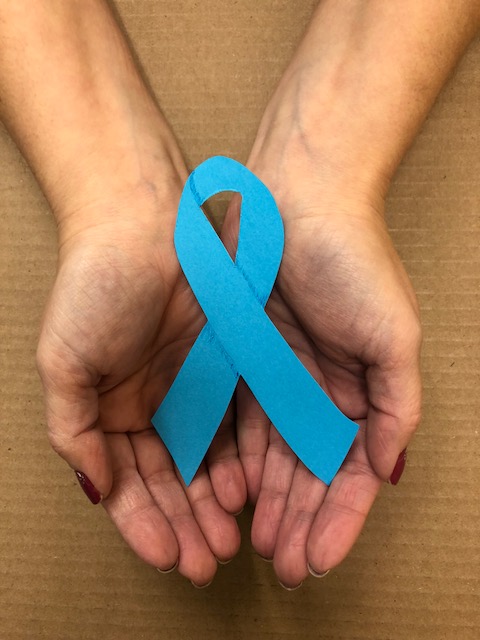
3 Things to know about HPV!
January 22, 2018
January is Cervical Cancer Awareness month, so we thought we would share 3 things to know about HPV or Human Papilloma Virus, a virus that is the main cause of cervical cancer.
1. This virus is transmitted through sex. Even if you have had only one sexual partner your entire life, you can still get it. 7 in 10 people will have HPV in their lifetime! When we are younger, many times our body can fight the infection and it will disappear without we even realizing we ever had it… but when we get to the 30’s, well, our body is not as strong as before, so it might be easier for us to develop an infection. This infection, if not properly taken care of, can become cancer.
2. But there’s a way that might help your body to fight those infections!! That’s good news, right? You can get vaccinated! There is a vaccine called GARDASIL 09. If you are female between 09 – 26 years old, you can get vaccinated! (Males can get vaccinated too!!)
3. If you are 30 years and older and never got vaccinated, there is no need to freak out! Just make sure you go to your doctor regularly and follow the doctor’s instructions to collect the PAP Smear that will check the cells on your cervix (the tip of your uterus) and also from your vagina and though an analysis, they will let you know if you have any abnormal cells.
There is a lot of information out there about HPV and its effects on the body. Be sure you are checking out reliable sources such as American Cancer Society, Iowa Department of Public Health, and Centers for Disease Control and Prevention (CDC).
Some more helpful info from the American Cancer Society:
- All women should begin cervical cancer testing (screening) at age 21.
- Women aged 21 to 29, should have a Pap test every 3 years. HPV testing should not be used for screening in this age group (it may be used as a part of follow-up for an abnormal Pap test).
- Beginning at age 30, the preferred way to screen is with a Pap test combined with an HPV test every 5 years. This is called co-testing and should continue until age 65.
- Another reasonable option for women 30 to 65 is to get tested every 3 years with just the Pap test.
– Gisele Carbone Kruger, Hillcrest Professional Health Clinic Manager
